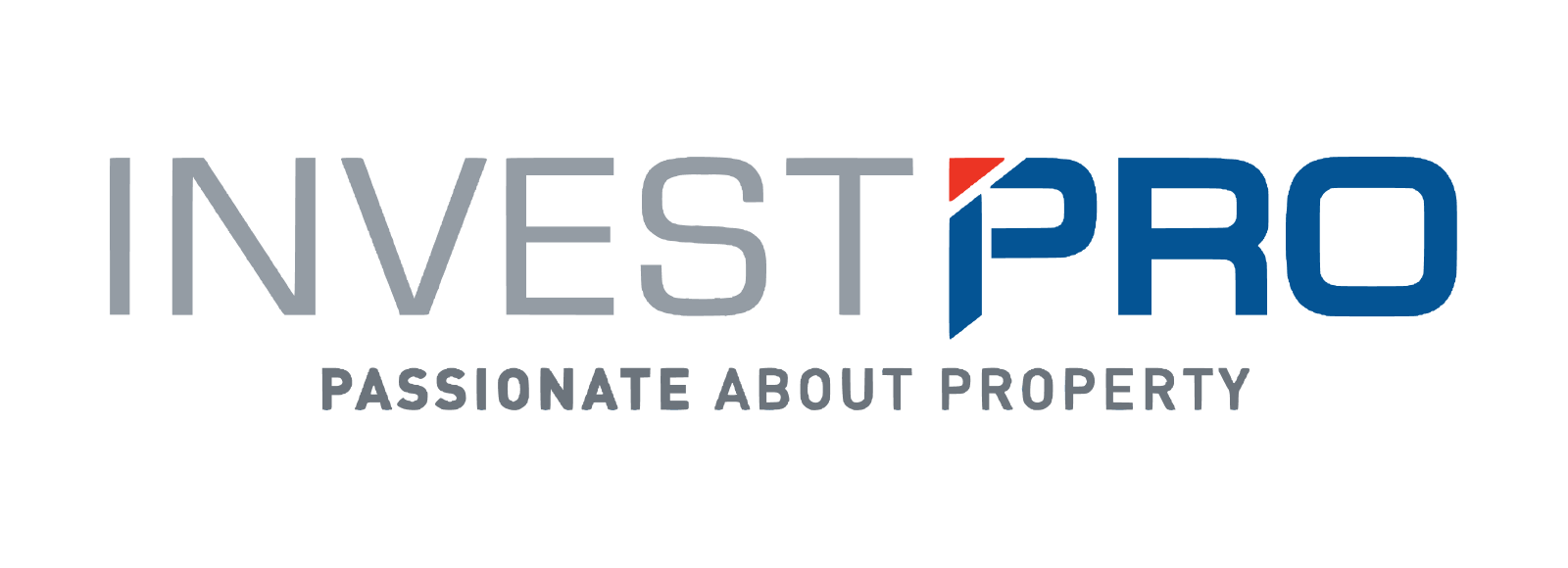Sectional Titles in South Africa: Understanding Responsibilities and Shared Living
Buying into a sectional title scheme remains one of South Africa’s most popular ways to own property, offering a blend of affordability, security, and shared maintenance. For many homeowners, the appeal lies in collective responsibility – you enjoy well-kept communal areas, shared security costs, and professional management without having to handle every repair yourself.
However, when something breaks or needs attention, confusion often arises: who exactly is responsible – the individual owner or the body corporate? The answer depends on what’s being repaired, where it’s located, and what’s stipulated in your scheme’s management rules.
Understanding the Basics: Inside vs Outside
In most cases, the simplest way to understand responsibility is to draw a line around your unit. Everything within your four walls – from flooring and cabinetry to bathroom fittings and interior paintwork – typically falls under the owner’s care. Everything beyond those walls – including roofs, external walls, stairwells, driveways, corridors, and shared facilities – generally falls to the body corporate.
That said, every sectional title scheme operates under its own set of rules, and it’s crucial to read them carefully. What’s considered “inside” or “outside” isn’t always straightforward. Common grey areas include:
- Painting and upkeep: The body corporate usually paints the exterior of the complex, but questions often arise about front doors, balcony balustrades, and window frames.
- Private gardens and patios: Exclusive-use gardens might appear private but are legally part of the common property. The owner typically handles day-to-day maintenance, while the body corporate is responsible for structural repairs or significant landscaping.
- Leaks and damp: If a leaking roof damages your ceiling, the body corporate will repair the roof, but you’ll cover the cost of internal damage. If the source of the leak is another unit, the responsibility may shift again.
In short, your sectional title plan and management rules are the final word on who pays for what. Understanding these documents is key to avoiding disputes and maintaining good neighbourly relations.
Why a Well-Managed Body Corporate Is Vital
A sectional title scheme is only as strong as its body corporate. This collective entity oversees financial management, maintenance schedules, and compliance with legislation. The monthly levies paid by owners fund essential services such as exterior painting, roofing repairs, security, and insurance.
While some owners may view levies as a grudge payment, they are better seen as an investment in your property’s long-term value. Without them, essential maintenance is delayed, buildings deteriorate, and resale values drop.
Importantly, sectional title ownership isn’t confined to apartment blocks. Many townhouse complexes and cluster developments operate under the same legal structure, sometimes with even more complex maintenance arrangements.
The Role and Responsibility of Trustees
Trustees are the backbone of any well-run sectional title scheme. They represent the owners, make financial and maintenance decisions, and ensure that the body corporate operates in accordance with the Sectional Titles Schemes Management Act.
While trustees often volunteer their time, the role comes with serious responsibility – and even potential personal liability for negligence or mismanagement. For this reason, every trustee should familiarise themselves with the relevant legislation, understand the scheme’s financial position, and act transparently in the best interests of all owners.
Serving as a trustee can be demanding, but it also offers valuable insight into how your property is managed and ensures that your investment remains secure.
Handling Disputes Fairly
Even the best-run schemes experience disagreements from time to time, often about maintenance, noise, parking, or levy increases. The first step is always to raise the issue with the trustees or managing agent, referring to the official sectional plan and scheme rules.
If the matter remains unresolved, the Community Schemes Ombud Service (CSOS) offers an accessible and affordable dispute-resolution process without the need for costly court proceedings.
For prospective buyers, it’s worth doing some due diligence before signing an offer. Ask to review the latest financial statements, AGM minutes, and body corporate rules. These documents reveal not only how well the scheme is managed but also the financial health and long-term sustainability of your potential investment.
A Balanced Way to Live
Sectional title living is all about balance – individual ownership paired with collective responsibility. When the rules are clear, the trustees proactive, and levies responsibly managed, the model offers both a secure home environment and strong property value growth.
Handled correctly, sectional title living provides the best of both worlds: community-driven upkeep and the satisfaction of owning a well-maintained property that continues to appreciate over time.
To explore sectional title properties for sale across South Africa, visit ImmoAfrica.net for the latest listings and area insights.
Author INVESTPRO

